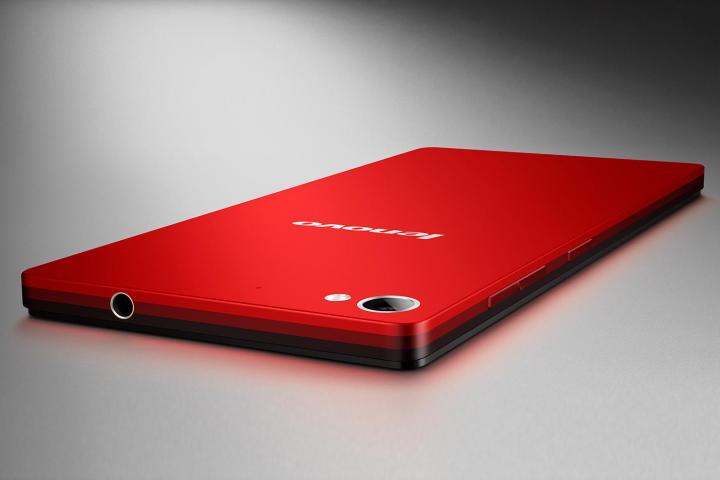
The move is an attempt to tackle the increasing dominance of Chinese rival Xiaomi, which has been so successful selling mobile phones online that over the summer it toppled tech powerhouse Samsung to become the leading shipper of smartphones in China, now the world’s largest market for such devices.
Lenovo has been skipping along nicely in recent years, steadily building its PC and mobile business both at home and abroad while at the same time making a number of high profile acquisitions, including that of Motorola Mobility, which it agreed to buy from Google earlier this year.
However, since Xiaomi came on the scene with the launch of its first smartphone in 2011, rival firms like Lenovo have been forced to sit up and take notice as the Beijing-based firm makes big gains in the Chinese market through its hugely successful online-only business model.
The company has built quite a following in its short history, offering decent handsets at decent prices, with its locally relevant MIUI customized Android overlay proving a big hit with users. A smart marketing strategy that includes one-off promotional events and careful control of the sales channel to push demand have also worked in its favor. And now Lenovo wants in.
The electronics firm announced plans for its new Internet-based smartphone company on Wednesday, making little secret of the fact that it has Xiaomi in its crosshairs. Lenovo’s new business, which will run under a different brand name and have its own CEO, will begin operating in April next year and will “exclusively focus on direct-to-consumer sales, marketing and product development using an Internet-based business model,” the company said.
In a statement, Lenovo said its China-focused operation will help the company “attack the fast growing consumer mobile device market in China, with a focus not only on devices, but also on software and application development and close customer engagement.”
According to data released in August by research firm Canalys, in Q2 of this year Xiaomi’s share of China-based smartphone shipments hit 14 percent, with Samsung, Lenovo, and Yulong each at 12 percent.
With Xiaomi’s share climbing from 5 percent a year earlier and continuing to grow, Lenovo is hoping its new brand will help to knock its rival’s business, boosting its own share of the smartphone market in the process.
[Via WSJ]


